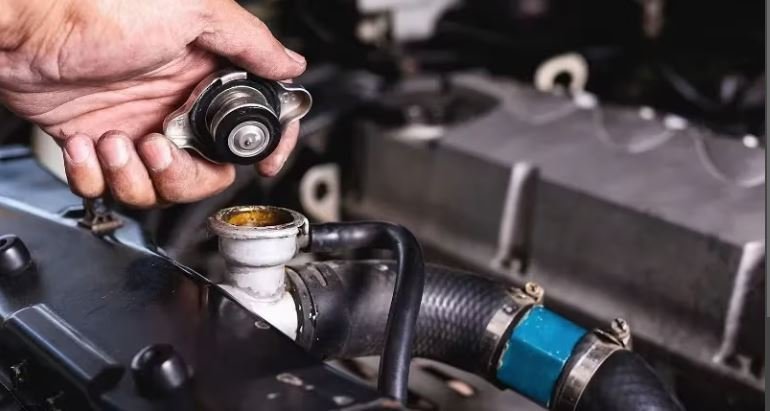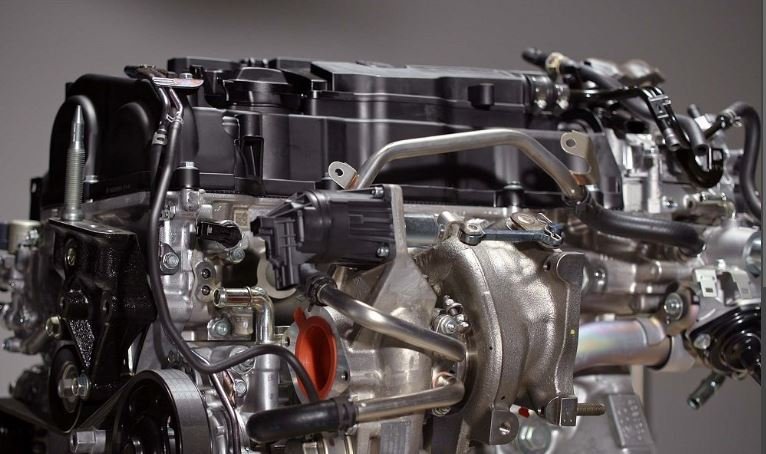Engine cooling systems play a crucial role in maintaining optimal engine temperature and ensuring smooth vehicle operation. Proper cooling prevents overheating, which can lead to engine damage and reduced performance. This guide will explain the components and functions of engine cooling systems and how to keep them in top condition.

The Role of Engine Cooling Systems
Vehicle cooling systems regulate the engine’s temperature by dissipating excess heat generated during combustion. Without effective cooling, engines can overheat, leading to potential damage or failure. A well-functioning cooling system ensures that the engine operates within its optimal temperature range, improving performance and longevity.
Key Components of Engine Cooling Systems
Engine cooling systems consist of several key components, each contributing to effective temperature management:
- Radiator: The radiator disperses heat from the engine coolant into the air. It uses a network of tubes and fins to maximize heat dissipation.
- Water Pump: The water pump circulates coolant through the engine and radiator. It ensures that hot coolant is carried away from the engine and cooled before returning.
- Thermostat: The thermostat regulates coolant flow based on temperature. It opens and closes to maintain the engine at its optimal operating temperature.
- Coolant: Coolant, or antifreeze, absorbs and carries heat away from the engine. It also prevents freezing and boiling, protecting the engine in extreme temperatures.
- Cooling Fans: Cooling fans assist in drawing air through the radiator to enhance heat dissipation. They activate based on engine temperature and driving conditions.
How Engine Cooling Systems Work
Engine cooling systems operate through a continuous cycle of coolant circulation. As the engine runs, coolant absorbs heat and flows through the engine to the radiator. In the radiator, heat dissipates into the air as coolant flows through the tubes. The cooled coolant then returns to the engine to repeat the process. This cycle helps maintain a stable engine temperature.
Types of Engine Cooling Systems
There are two primary types of engine cooling systems:
- Liquid Cooling: The most common type, liquid cooling uses coolant to transfer heat from the engine to the radiator. It provides efficient temperature regulation and is suitable for most modern engines.
- Air Cooling: Air cooling uses fins and air flow to dissipate heat directly from the engine. It is simpler and lighter but less effective than liquid cooling, often found in smaller engines and older vehicles.
Common Cooling System Issues
Several issues can affect vehicle cooling systems, including:
- Leaks: Leaks in the radiator, hoses, or water pump can lead to coolant loss and overheating. Regularly inspect these components for signs of damage.
- Clogs: Clogs in the radiator or coolant passages can restrict flow and reduce cooling efficiency. Flushing the cooling system can help prevent this issue.
- Thermostat Failure: A malfunctioning thermostat can cause overheating or poor engine performance. Replacing the thermostat as needed ensures proper temperature regulation.
Maintaining Your Engine Cooling System
Proper maintenance is essential for ensuring the effectiveness of your engine cooling system. Regularly check coolant levels, inspect hoses and connections, and replace coolant as recommended by the manufacturer. Also, flush the cooling system periodically to remove any buildup or debris.
Upgrading Cooling System Components
Upgrading certain components can enhance your cooling system’s performance. High-performance radiators, water pumps, and cooling fans can improve heat dissipation and efficiency, especially for modified or high-performance vehicles. Ensure compatibility with your engine and vehicle specifications when considering upgrades.
Diagnosing Cooling System Problems
Use diagnostic tools to monitor your engine cooling system. Tools such as infrared thermometers or temperature sensors can help identify issues with temperature regulation. Address any irregularities promptly to prevent potential damage and maintain optimal engine performance.
Conclusion
Engine cooling systems are vital for maintaining engine temperature and preventing overheating. Understanding the components, functions, and potential issues of your cooling system can help ensure reliable vehicle performance and longevity. Regular maintenance and timely upgrades contribute to effective cooling and overall engine health.




